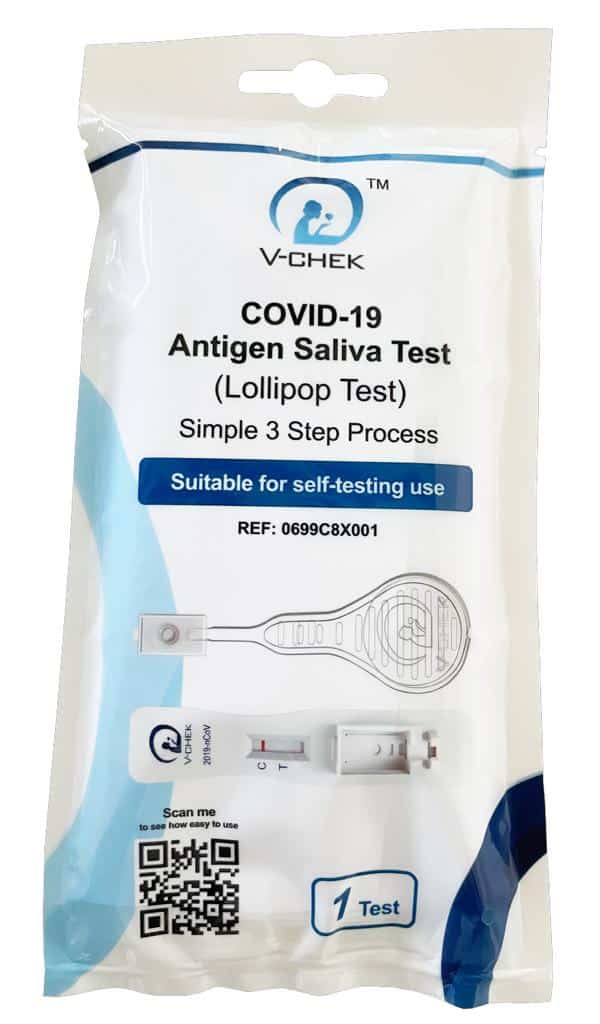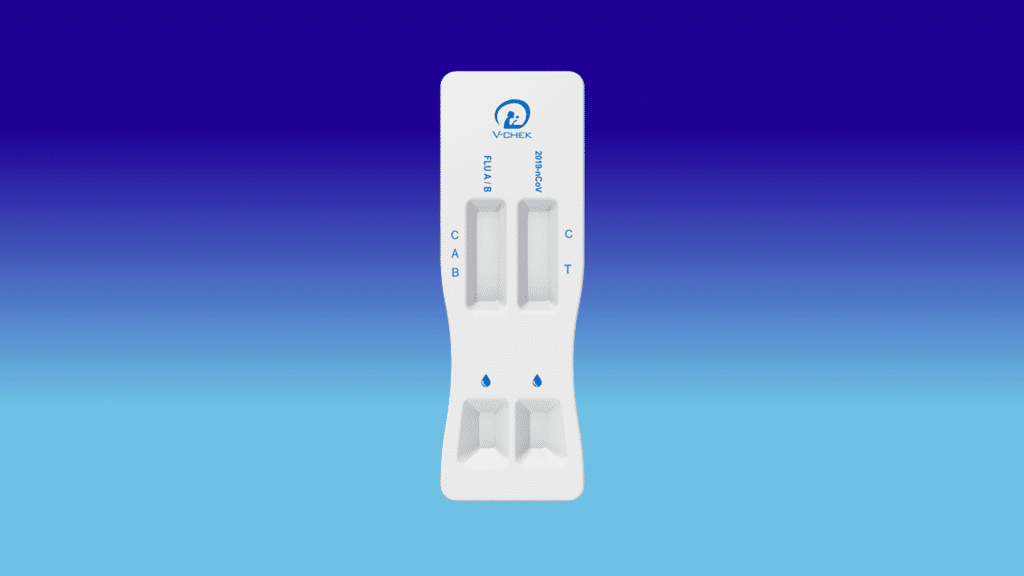– The Conversation
You’ve tested negative for COVID using a rapid antigen test (RAT), but are a close contact of a positive family member and have symptoms. So you might be wondering if you’re really COVID-negative or if the test is working as well as it should.
There are many reasons why your RAT may not give you the results you expect. But one factor is whether RATs can detect the Omicron variant of SARS-CoV-2 (the virus that causes COVID).
We know the virus has mutated during the pandemic. So health authorities and researchers are investigating whether RATs can still detect the more recent versions of the virus.
The good news is, based on the limited data released, all RATs meant for use at home in Australia that have been independently tested so far seem to be able to detect Omicron.
The bad news is that not all RATs have been independently tested yet.
What do mutations have to do with RATs?
RATs diagnose COVID infection by detecting specific viral proteins. So there are concerns that as the virus evolves and produces altered viral proteins, this may affect the tests’ ability to diagnose COVID as well as they detected previous variants.
Whether RATs can adequately detect Omicron has been raised by authorities and researchers in various countries including The Netherlands, Belgium and Chile, as well as Australia.
One Australian study tested six RATs on Delta, and Omicron lineages BA.4, BA.5 and BA.2.75. The researchers found the kits performed equally well across the different samples at higher viral loads (higher concentrations of the virus).
However, some international studies have found RATs are less able to detect Omicron, particularly when viral loads are lower.
So what’s the case in Australia?
Australia’s regulator, the Therapeutic Goods Administration (TGA), initially relied on test data provided by RAT manufacturers to determine the test kit met World Health Organization standards for acceptable sensitivity (ability to detect a positive case).
The TGA also requires manufacturers to send updated test data as new variants arise to demonstrate their test still meets those WHO standards.
But the TGA has also commissioned independent testing of RATs to verify how well they detect the more recent COVID variants.
They are tested for their ability to detect the wild-type virus (the original strain), the Delta variant, and the Omicron variant. The TGA does not state which specific lineages (descendents) of Omicron are included in the testing.
As it completes its analysis on individual tests (or groups of tests), the TGA reports them in a table that’s publicly available, which will be updated as more data come in.
In this analysis, V-Chek has been found to detect Omicron variants BA1, BA2, BA4 & BA5.






